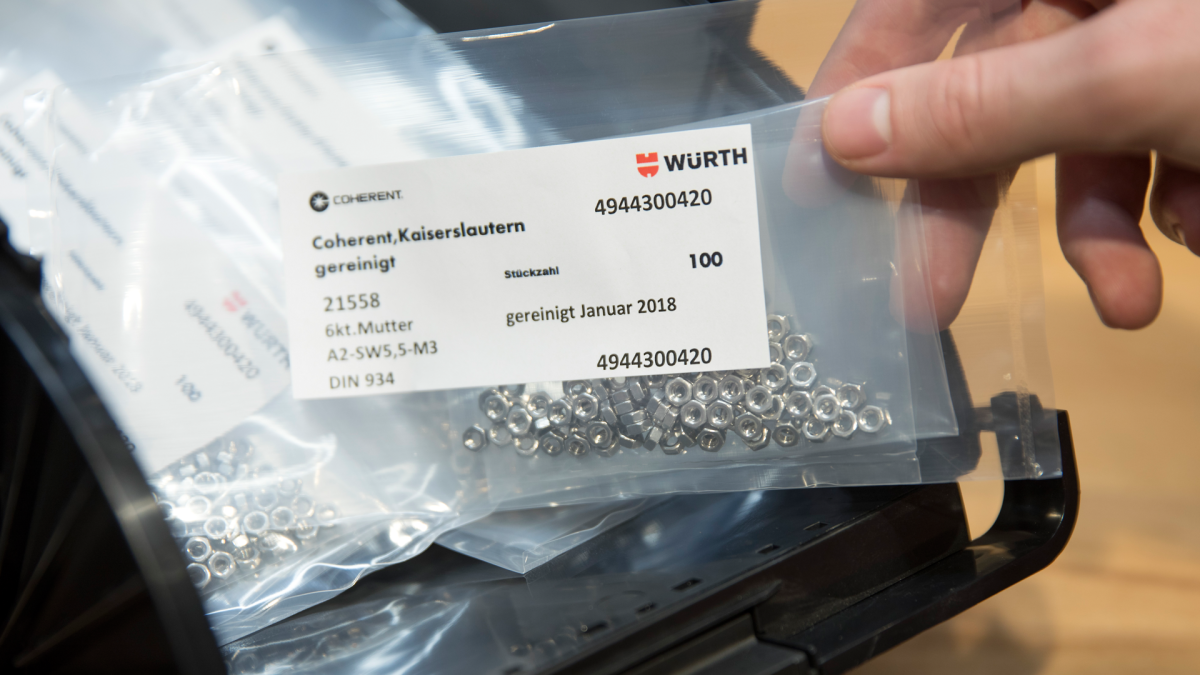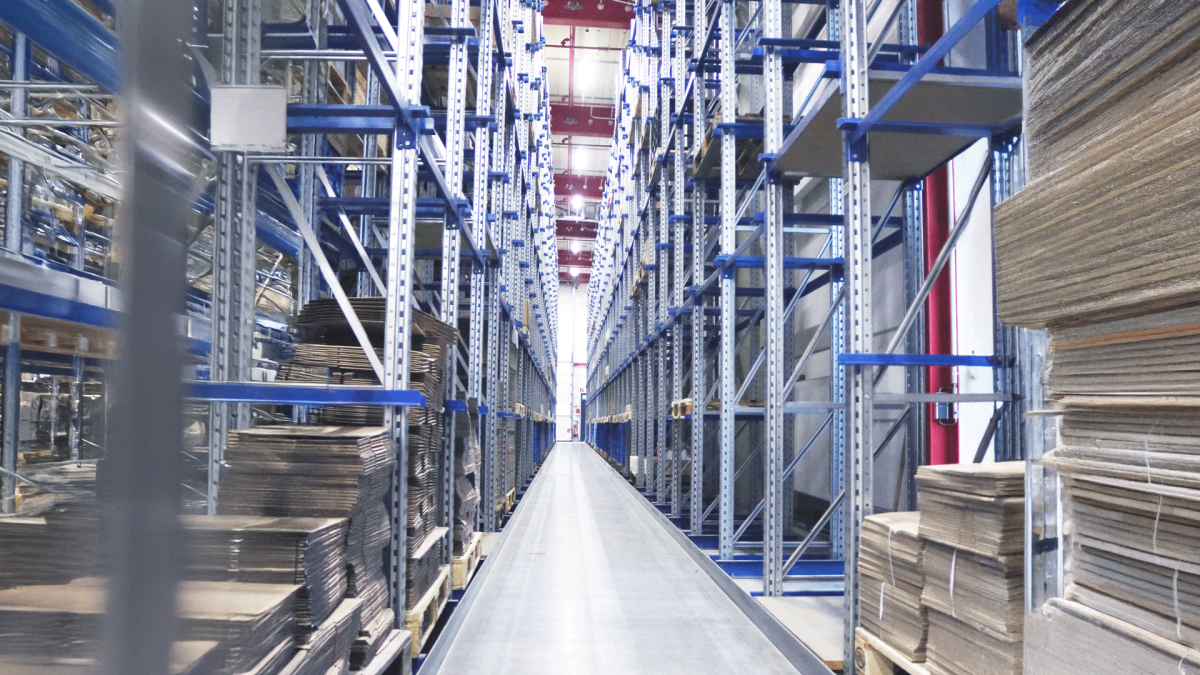Technical Cleanliness in C-Parts
Cleanliness Throughout the Entire Manufacturing, Delivery, and Assembly Process
Technical cleanliness plays an increasingly important role in industrial manufacturing and has gained significant attention in recent years. As individual components become more complex, they also become more sensitive and prone to malfunctions. Even the smallest contaminants can lead to the failure of single parts or entire assemblies. For this reason, entire systems are now frequently assembled under cleanroom conditions.
It’s not only the environmental conditions during assembly that are critical — technical cleanliness must be ensured throughout the entire manufacturing process. This includes reliable, contaminant-free C-parts that meet high cleanliness standards. As a result, cleanliness requirements are rising not only for individual components but also for fasteners and connecting elements used during assembly.
By working with external service providers and using state-of-the-art equipment and analysis technologies, we are able to supply our customers with fastening elements that meet their specific cleanliness requirements — delivered as needed, directly to the workstation.
Our Services Include:
- Cleaning of fasteners through the selection of appropriate extraction and analysis methods
- Gravimetric determination of residual contamination
- Microscopic particle count and classification according to ISO 16232 / VDA 19 or according to individual company specifications
- Differentiation between metallic and non-metallic particles
- Documentation and archiving of test results
- Additional laboratory analyses upon request
- Determination of surface tension and quality testing using the ink test
You might find this interesting:
- More technical knowledge
- Download centre with our
 product and system brochures
product and system brochures
Contact:
The Würth Industrie Service GmbH & Co. KG collects and processes the personal data provided in the form in order to process the requested request for you. Please note the mandatory fields in the forms. The legal basis for this processing, the absolutely necessary data, is Art. 6 para. 1 lit. b DSGVO, implementation of a pre-contractual measure. The processing of data voluntarily provided by you is carried out on the basis of Art. 6 para. 1 lit. f DSGVO. Thereafter, processing is permissible which is necessary to safeguard our legitimate interests. Our legitimate interest is to have contact with you, our customers, to improve our consulting quality and to be able to contact you more easily in case of possible queries. The data collected will only be stored by us for as long as is necessary to process your enquiry and to contact you. They are then deleted.
Supplementary data protection information, in particular regarding your rights to information, correction, deletion, restriction of processing, objection and complaint, can be found in our data protection declaration.


